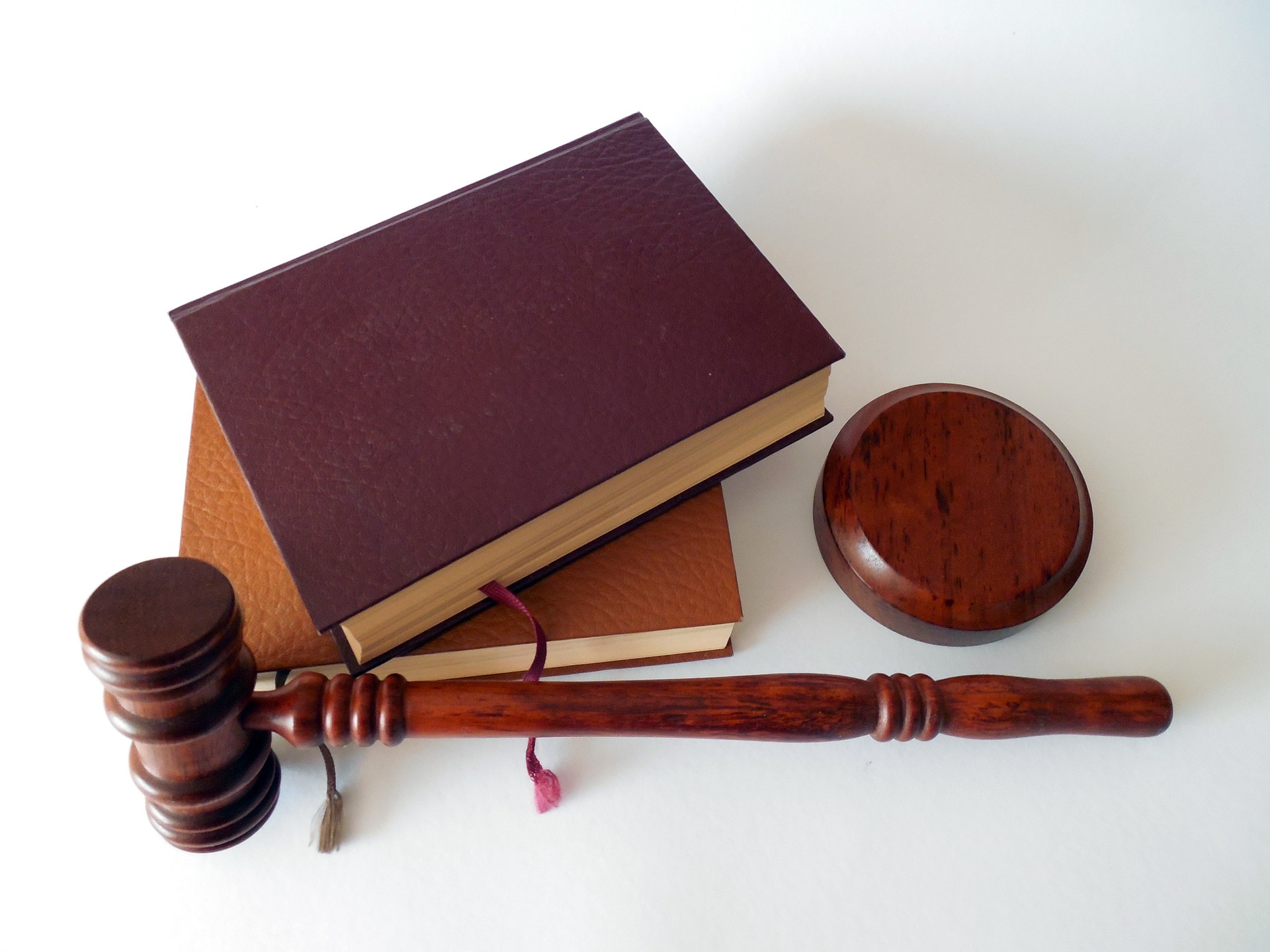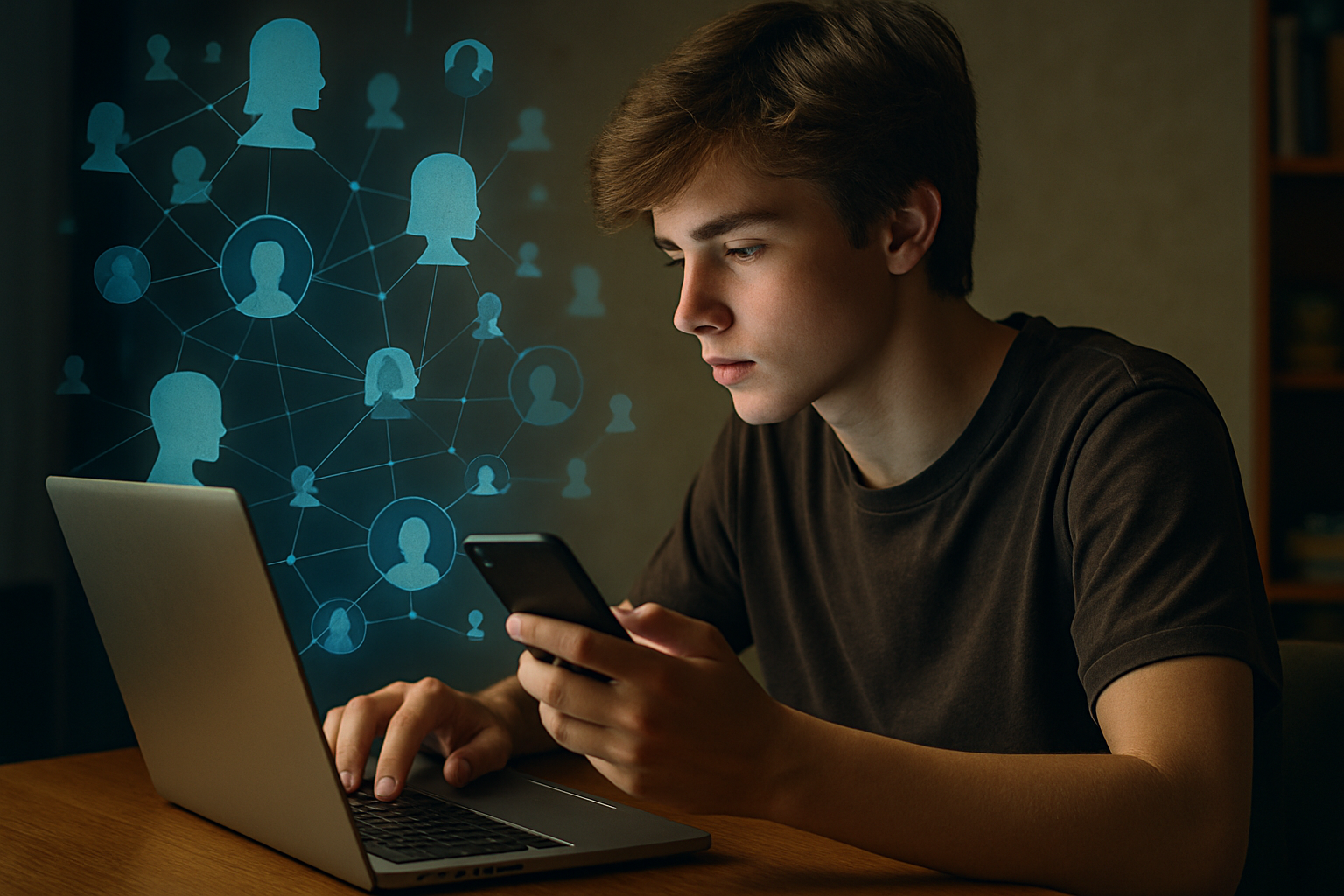The Intersection of Intellectual Property Law and Artificial Intelligence: Current Landscape and Future Implications
Introduction: Intellectual Property Law and Artificial Intelligence (AI) are two spheres that have increasingly intersected in recent years. The explosion of AI technologies has raised critical questions about the ownership, protection, and enforcement of intellectual property rights. This article paints a vivid picture of the current legal landscape and discusses the future implications of this intersection.
A Historical Overview of Intellectual Property Law and AI
Intellectual Property Law has been a crucial legal framework for safeguarding the rights of inventors and creators. It comprises distinct categories like patents, copyrights, and trademarks, each with its unique rules and regulations. On the other hand, Artificial Intelligence, a concept that was once the stuff of science fiction, has become a tangible reality influencing various sectors.
Historically, the intersection of these two areas was minimal. However, as AI technologies advanced, they began to generate creations that posed challenges to existing legal frameworks. The question of whether AI-generated works could be protected under intellectual property laws started to surface, prompting legal and academic debates.
The Current Legal Landscape
Currently, there is no global consensus on how intellectual property laws should apply to AI-generated works. The U.S. Copyright Office, for instance, maintains a human authorship requirement, which excludes AI creations from copyright protection. Meanwhile, in the European Union, there have been discussions about granting legal personality to AI systems, which could potentially allow them to hold intellectual property rights.
In the realm of patent law, similar dilemmas exist. Patent offices worldwide are grappling with applications for AI-generated inventions, raising questions about the very definition of an “inventor.”
Recent Legal Developments and Legislative Changes
In response to these challenges, some jurisdictions have begun to adapt their intellectual property frameworks to better accommodate AI technologies. For example, South Africa recently awarded a patent to an AI system for an invention it created, marking a significant departure from traditional patent law.
Simultaneously, international organizations like the World Intellectual Property Organization (WIPO) have initiated dialogues to explore possible legal reforms. In 2019, WIPO launched a public consultation process to gather views on intellectual property policy and AI.
The Implications and Impact on Society
The intersection of intellectual property law and AI has profound implications for society. If AI systems are recognized as inventors or creators, it could drastically change the dynamics of innovation and creativity. On the flip side, if AI-generated works remain unprotected, it could discourage investment in AI technologies, stunting their growth.
Moreover, this legal conundrum also raises ethical and philosophical questions about the nature of creativity and invention. Is human involvement necessary for a work to be considered creative or inventive? These are questions that not only lawmakers but society as a whole will need to consider.
Looking Ahead
The relationship between intellectual property law and AI is complex and evolving. As AI technologies continue to advance and permeate more aspects of our lives, the need for legal frameworks that can adequately address these challenges will only grow. It is clear that the dialogue surrounding this intersection is far from over. It presents an exciting, albeit challenging, frontier for legal scholars, policymakers, and society.





